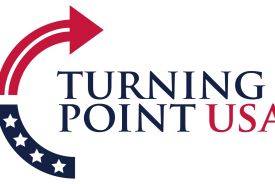With a federal judge's approval now in hand, the NCAA settled a class-action lawsuit with thousands of former student-athletes over head injuries.
According to The Associated Press, U.S. District Judge John Lee approved the settlement after the two sides altered the terms to include student-athletes that play non-contact sports. The settlement includes a $70 million fund for brain trauma testing for people who say they suffered head injuries while playing their sport in college.
"While we are pleased the court has provided a preliminary pathway to provide significant resources for the medical monitoring of student-athletes who may suffer concussions, we are still examining the conditions placed on preliminary approval," NCAA chief legal officer Donald Remy said in a statement obtained by CBS Sports.
$5 million of the fund will go toward research and the NCAA will change the way its members schools handle medical care for head injuries as well.
The alterations to the settlement delayed Lee's approval, but it also allowed for former student-athletes to file lawsuits under the right circumstances. Former Eastern Illinois football player Adrian Arrington filed a lawsuit against the NCAA in 2011 alleging neglect toward multiple head injuries he suffered in his playing career, The AP noted.
Documents from Arrington's case showed in 2013 the NCAA was not monitoring a head injury protocol it installed in 2010. After his lawsuit had gained class-action status, Arrington wound up withdrawing from the lawsuit due to the settlement protecting the NCAA from future litigation.
Jay Edelson, an attorney from Chicago representing the former student-athletes, told The AP the group was "thrilled" with Lee's ruling.
"Rather, the facts produced in discovery present a multitude of potential permutations regarding whether the NCAA breached a duty to protect its athletes and caused any particular plaintiff injury," Lee wrote. "And the need to make individual, fact intensive determinations as to liability with respect to each class member eclipses any common issues as to whether the NCAA had a duty to protect players from concussion-related risks, breached that duty, and fraudulently concealed those risks."
© 2026 University Herald, All rights reserved. Do not reproduce without permission.








